What is the difference between host and vector? | distinguish/ comparison/ distinguish versus/ differ from/ between host and vector
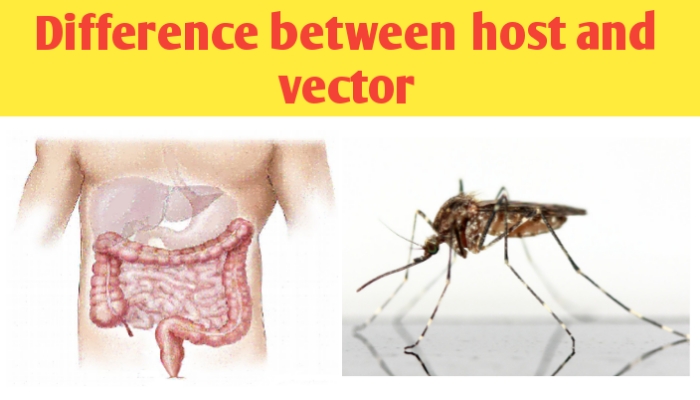
What is the difference between host and vector?
You all are familiar with two words host and vector, are related to each other but some have difference. Host is larger living organism including human beings that provide food and shelter for growth of other organism such as parasite, mutualistic and commensalist whereas vector is a small living organism that transmits an infectious agent from an infected animal to a human or another animal. Well known common example of biological vectors, such as mosquitoes and ticks may carry pathogens that can multiply within their bodies and can be delivered to new hosts, usually by biting.
Table of Contents
What is the host and vector?
In biology a host is a larger organism including human beings that harbours a smaller organism and provide food and shelter for growth of a parasitic, a mutualistic, or a commensalist guest (symbiont) organism. The guest organism such as parasite is typically provided with nourishment and shelter, the host range is the collection of hosts that an organism can use as a partner whereas vector is a small living organism that transmits an infectious agent from an infected animal to a human or another animal. Well known common example of biological vectors, such as mosquitoes and ticks may carry pathogens that can multiply within their bodies and can be delivered to new hosts, usually by biting.
What is the difference between host and vector?
This question is very important for class 12 students who are preparing for CBSE board/ state board and other competitive medical, neet examinations.
Key difference between host and vector is that host is relatively larger and non-harmful organism that provide food and shelter for growth of other organisms such as parasites, for example human beings are host of parasite taenia solium, this tape worm resides in our small intestine take food, multiply and grow whereas vector is relatively smaller, harmful and infectious organism that transmits an infectious agent such as pathogens bacteria, virus, fungi, etc from an infected animal to a human or another animal. Well known common example of vector and mosquitoes and tick that transmit many disease in human beings and in other animals.
You can also click on the given link to see others topic in our website and YouTube channels
● primary and secondary follicle difference
● Purines and Pyrimidine compare
Host verses vector
List 3 difference/ how do you compare/ host versus vector /distinguish/ differentiate between host and vector/ host differ from vector are the following ways:-
1) Host is larger living organism that provide food and shelter for other organisms such as parasite while vector is comparatively smaller organism that transmit pathogen from infected animals to another animals or human beings
2) Host is helpful organism that not provide disease to other organism, it harbours the growth of parasite, mutualistic, or a commensalist organism while vector is harmful organism which are responsible for many bacterial disease in human beings such as Salmonella typhi is carried by house fly, sit on our food and water sources, this means that transmit this bacteria to human beings.
3) Host are comparatively larger living organism where as vector are comparatively smaller living organism
4) Host does not carry any pathogens while vector are responsible for caring of harmful pathogens from infected animals to another animals
5) human beings are example of host of parasite taenia solium while house fly, mosquitoes, tick, sand fly, dengue mosquitoes are common examples of vectors.

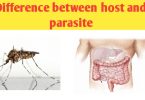
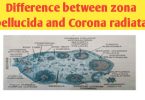
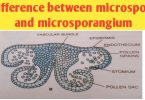


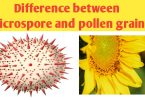
Leave a Comment